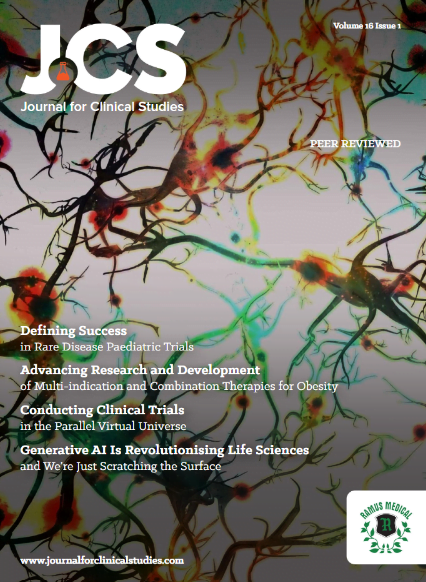Months after offering Merck’s Keytruda restricted coverage for previously untreated metastatic triple-negative breast cancer (TNBC), England’s drug cost watchdog has signed off on the drug’s use against an earlier form of the disease.
In draft guidance, the National Institute for Health and Care Excellence (NICE) recommends Keytruda for treatment along with chemotherapy in TNBC patients to reduce their tumors before surgery. It also is blessed for use as a solo therapy after surgery. The nod is for those with high-risk early-stage or locally advanced TNBC.
Of the roughly 3,200 people with TNBC in England and Wales, this endorsement will open Keytruda’s use to 1,600 of them, NICE said.
The immunotherapy showed in a phase 3 trial that it could reduce the chance of disease returning, worsening or death by nearly 40%. TNBC is a particularly aggressive form of breast cancer, accounting for 1 in 5 breast cancer cases but 1 in 4 deaths.
“Collaboration between MSD and NHS England has resulted in a positive NICE recommendation which will benefit some people with early stage TNBC,” David Long, Merck’s U.K.’s head of oncology, said in a statement. “Previously there was no immunotherapy treatment option for people with early stage or locally advanced TBNC.”
The green light comes 15 months after the FDA signed off on Keytruda’s use in the same indication. In November 2020, the FDA also approved Keytruda in combination with chemotherapy for patients with locally recurrent unresectable or metastatic TNBC whose tumors express PD-L1.
The latest NICE backing for Keytruda in the neoadjuvant and adjuvant setting of TNBC followed a narrowed coverage for the PD-1 inhibitor in newly diagnosed metastatic TNBC.
After an initial rejection in March, Merck in May convinced NICE to support the use of Keytruda along with chemo in metastatic TNBC patients whose tumors express the biomarker PD-L1 at a combine positive score of 10 or more. Patients also must have an immune cell staining of less than 1% to be eligible. Keytruda’s approval is wider, covering all PD-L1-positive cases.
The latest recommendation also followed a July nod for Gilead Sciences’ Trodelvy in patients who have tried at least two lines of systemic therapies, including at least one for advanced or metastatic disease. Gilead won over NICE after an initial rejection and after offering a confidential discount.















